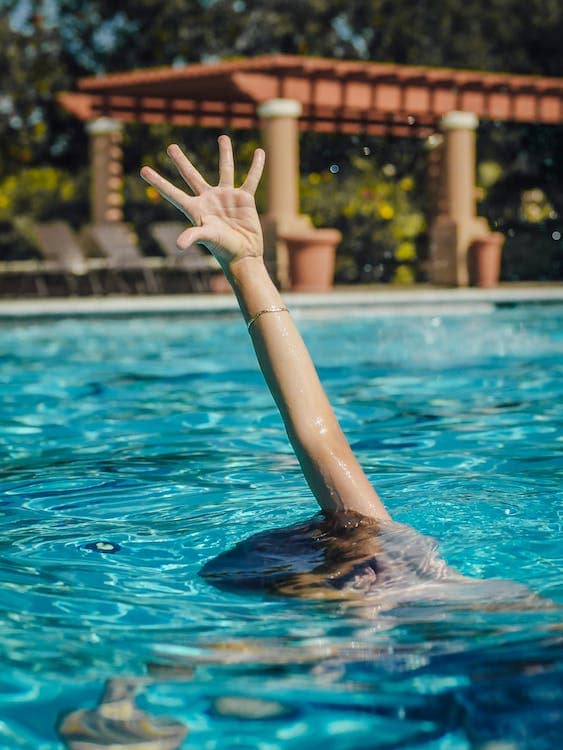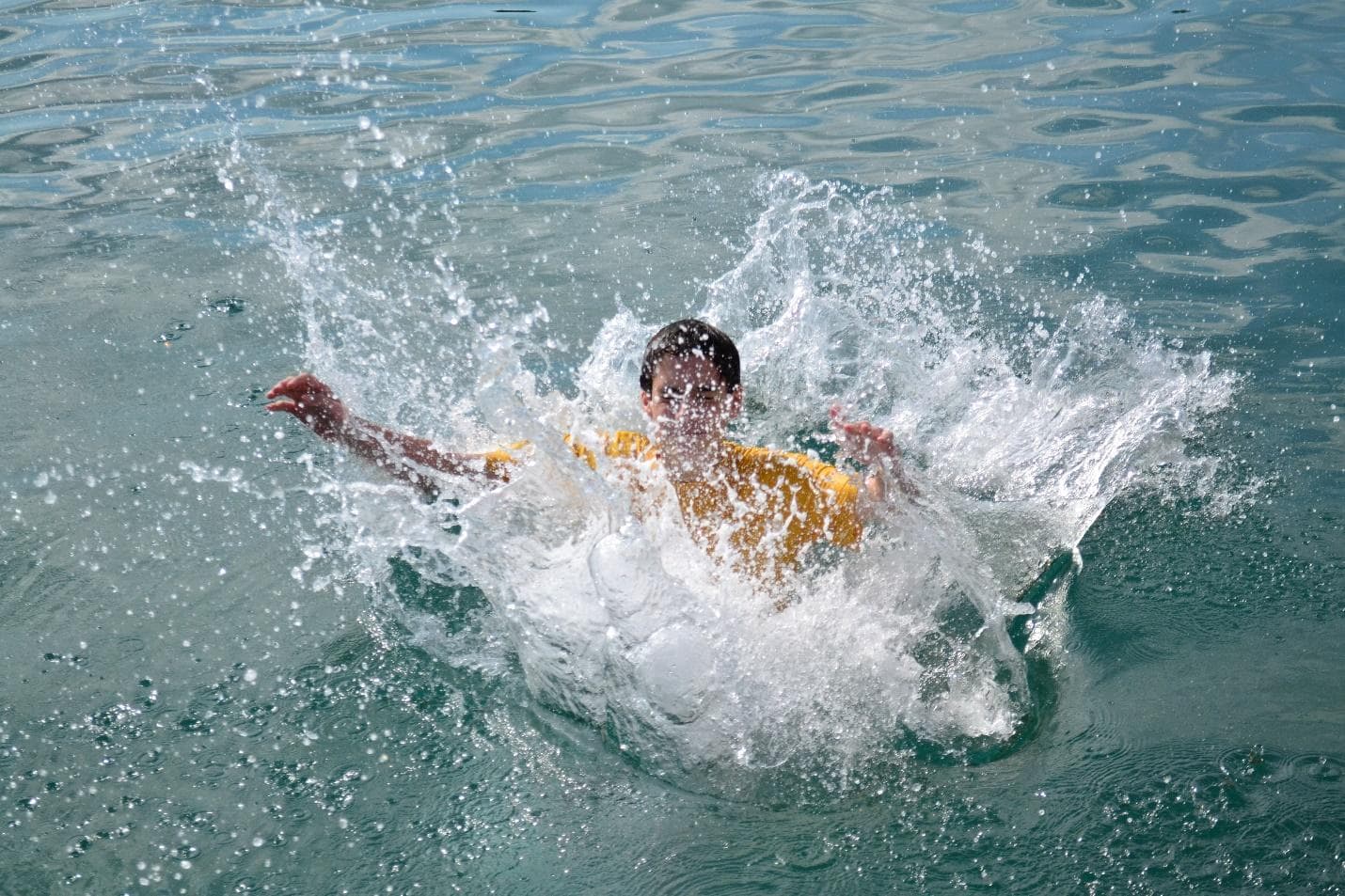Splashing around in your local swimming pool is a great summer pastime. However, it carries some unpleasant side effects, such as dry hair, red eyes, and itchy skin.
Even though chlorine is the approved chemical added to pools to kill all harmful bacteria, as per the CDC. There is no mention of what concentration is too high for its contact with humans. It helps us remain protected from several infections while in the pool with others, but it leaves some nasty effects on the body.
Here’s an insight into the dangers of chlorine in swimming pools.
The Hazards of Chlorine in Swimming Pools
Dry Skin
You must have noticed your skin getting dry after swimming in your local pool for long hours. As soon as you get out of the water and pat your skin dry, the texture will change, and you might feel that your skin is dry, itchy, and easily irritated. It is because the chlorine in the water strips off your skin’s natural oils and opens your pores, exposing your skin.
Lighter and Dryer Hair
Most of us don’t know that chlorine is not just a means of getting rid of bacteria in the water, but it is a multipurpose product and is also used as a bleach in manufacturing paper and cloth. As per CDC, it can destroy the hair all over your body. Thus, a few people have started putting copper sulfate in their pools. It is best not to expose your hair and always wear a cap. ‘
Red and Irritated Eyes
It is one of the most common indications of someone who just had a good swim. Rec, irritated eyes have become a symbol of chlorinated pools. The minute it gets into your eyes, it washes away the tear film that keeps your eyes moist, clear, and smooth. It also increases the chance of getting an infection.
Triggers Respiratory Issues
When chlorine is mixed with a swimmer’s dirt, sweat, and skin cells, it builds this chemical irritant called chloramines which turns into gas in the air. It can cause respiratory symptoms such as wheezing and coughing only when inhaled.
Aggravate Skin Conditions
Since chlorine strips away all the natural oils that act as a protective layer on your skin spending long hours in the pool will aggravate your skin conditions. If you have eczema or psoriasis, it might flare up, and you can get severe itching or burning. However, these symptoms differ from one person to another.
Thus, if you decide to swim in a pool with chlorine, you must rinse yourself with lukewarm water after the swim. It will be a gentle cleanser and put a good amount of moisturizing lotion on your skin so it does not feel dry or flaky.
Hire An Experienced Lawyer from the Bourassa Law Group
If you have a bad case of acne or eczema from swimming at a local pool., you must decide which lawyer to hire and sign an agreement. Work with your lawyer to gather evidence, file paperwork, and take other necessary legal actions.
You should contact the knowledgeable accident lawyers at Bourassa Law Group as soon as possible after a Nevada swimming pool accident. They can help you establish responsibility for the damages.
Call us at (800)870-8910 for a free consultation!





